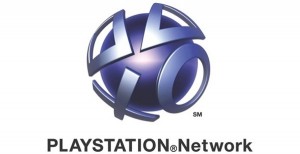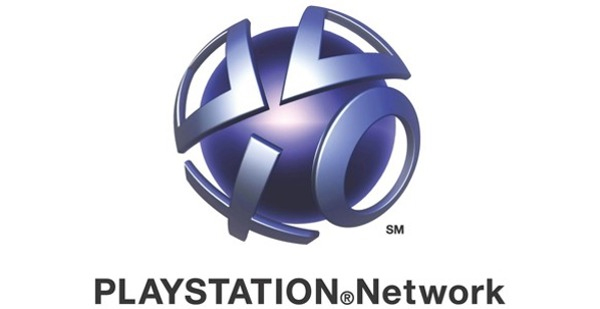Date Posted: May 30, 2011
Date Printed: May 27, 2011
By Chris Bonshor (The Cascade) – Email
 Every day, in every way, we take our privacy for granted. The stalls always have walls and a door; the toilet paper is flushed down the toilet, away from prying eyes; people don’t watch what you do in front of your computer.
Every day, in every way, we take our privacy for granted. The stalls always have walls and a door; the toilet paper is flushed down the toilet, away from prying eyes; people don’t watch what you do in front of your computer.
However, privacy extends beyond what people can see. What about your name? People you haven’t met rarely call you by name until you have been introduced and if they did know about you it would be awkward.
What about your banking information? The money you work hard to earn should be no one’s business but your own.
Your credit card number? That along with only a few other pieces of information is all it takes to buy lots of things online.
Now that we use the Internet and other networked devices to do a lot more things that we used to do face-to-face, it is increasingly common for these pieces of information to be asked from you only once and then kept in a secure database for convenience’s sake later on.
As it is becoming clear with the recent massive “hack ‘n grab” of the Playstation Network (PSN), secure databases are nowhere near as secure as the companies that build and own them would like us to believe.
According to a press release from Sony on the Playstation blog, the following information may have been stolen over the course of two days in April from an undisclosed number of customers: “name, address (city, state, zip), country, email address, birth date, PlayStation Network/Qriocity password and login, and handle/PSN online ID. It is also possible that your profile data, including purchase history and billing address (city, state, zip), and your PlayStation Network/Qriocity password security answers may have been obtained. […] If you have provided your credit card data through PlayStation Network or Qriocity, out of an abundance of caution we are advising you that your credit card number (excluding security code) and expiration date may have been obtained.”
This leads me to wonder why all of this massive amount of information on customers needs to be retained by companies like Sony, Microsoft, and Nintendo. Since many transactions are simple one time purchases of games (in digital instead of hard disk format) why does the company need to keep your information and history in its databanks? You certainly wouldn’t expect Sears to keep your information if you bought a bed with your credit card; you would even have extra protection by using a chip card with pin, so why are online purchases treated differently?
Marketing and selling games conveniently is the double answer. Companies like Sony gather personal information on millions of their customers in order to track purchasing habits and the other information needed by marketing experts in order to sell products. Really, online profiles linked to credit card accounts are something the fellas in Mad Men would have had wet dreams about. Not only do they get all of the info they could want to make informed decisions on how to market their products, but these companies then have you as a very convenient customer.
How convenient? Up until the time of the hack, if you have made one purchase and logged into your PSN account once, you could set it so that you no longer even needed to input your password or credit card information (the password thing has since been fixed). This means customers can sit in their living rooms, see a game, and buy it on their credit card, which works out very nicely for the company selling the digital copies.
What I am trying to say is that companies are compromising your personal information for their own benefit – and your purchasing convenience, which is not necessarily a good thing as anyone with a maxed out credit card can tell you. These companies need to be held accountable. They have been swimming in a flood of our personal information for too long. It is time to stop telling them more than they absolutely need to know and to make sure they don’t keep your information somewhere.
Next time a company asks you for anything more than is necessary for payment, tell them to fuck off. It’s for your own good as the less they know about you the less they can lose.


